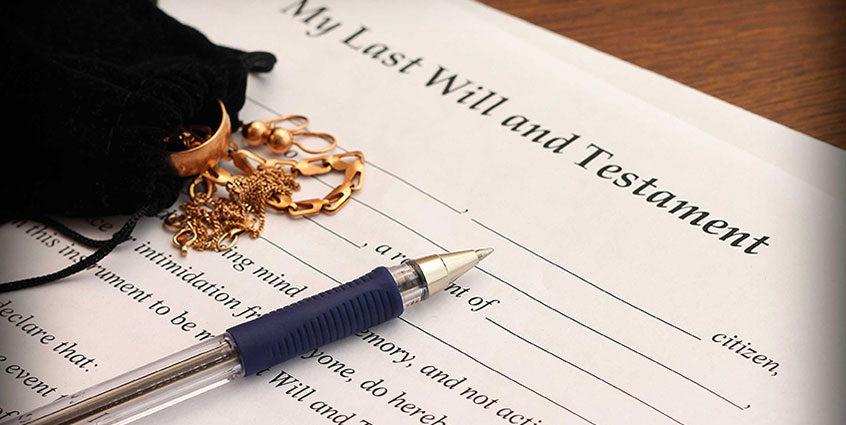Our Logan & Scenic Rim branch is extending its service area to include our Ipswich community!
We appreciate how hard it is to get legal advice when and where you need it and that’s exactly why we’re extending our service area. We’re listening and evolving with our clients’ needs and offering all our legal services to our Ipswich communities. This includes all conveyancing services, wills, estates, powers of attorney, trusts, guardianship, retirement planning and retirement village contracts and elder law. And there is still no catch; we still come to you at no extra charge!
If you need assistance with your legals, please contact your local team on 07 5547 7112 or email your local Solicitor, Nikki Gough, at ipswich@swiftlegal.com.au.
See you soon!
read more



